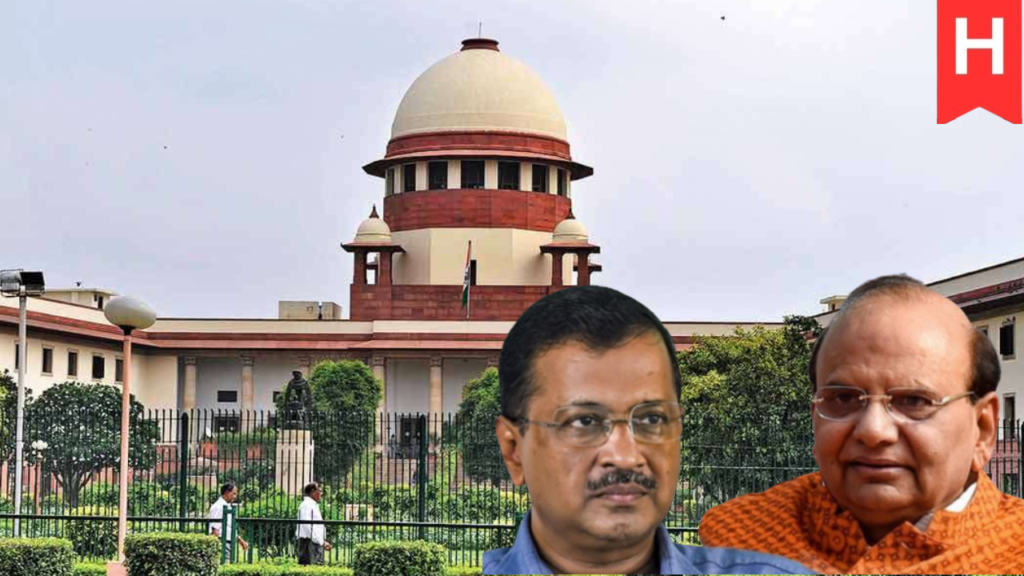Table of Contents
Synopsis
The article published in the editorial section of the Hindu newspaper talks about the recent supreme court verdict where the three-judge bench reaffirmed the powers of the Lieutenant Governor of Delhi and also expressed that the centre holds more power than the elected government since Delhi is a union territory is also the national capital.
Article Explanation
The Supreme Court of India has reaffirmed the authority of the Lieutenant Governor (L-G) of Delhi in appointing aldermen to the Delhi Municipal Corporation, highlighting the limited power of Delhi’s elected government and the overarching control that the central government has over the National Capital Territory of Delhi. The ruling is based on the interpretation of the laws that govern the relationship between the central government and the Delhi government, specifically the provisions of the Delhi Municipal Corporation Act, 1957, as amended in 1993. This Act clearly distinguishes the roles of various authorities, including the L-G, in the governance of Delhi.

The L-G is generally expected to act based on the advice of the Delhi government on matters listed under the State and Concurrent Lists, but there are exceptions, such as public order, police, and land, where the L-G has more autonomy. The appointment of aldermen falls under these exceptions, allowing the L-G to act independently.
This verdict is the latest in a series of legal and political conflicts between the Delhi government, led by the Aam Aadmi Party (AAP), and the central government, led by the Bharatiya Janata Party (BJP). The relationship between the L-G and the elected Delhi government has often been contentious, with frequent disputes over the extent of the L-G’s powers.
The ruling raises significant questions about the relevance and efficacy of having an elected Assembly in Delhi, as the Supreme Court underlines the unique status of Delhi as a Union Territory, where the central government has substantial control. The Constitution grants Parliament the power to legislate on matters within the jurisdiction of the Delhi Assembly, which allows the central government to assert its dominance over Delhi’s local government.
Undermining local governance is suggested as a consequence of these legal provisions, leading to ongoing tensions and legal battles reflecting the challenges of governing a Union Territory with an elected government with limited autonomy. In conclusion, the Supreme Court’s ruling reaffirms the central government’s authority over Delhi, particularly through the powers of the L-G, highlighting the limitations of the Delhi government’s autonomy and the potential for central oversight to overshadow the functions of the elected Assembly.
Join our telegram channel for regular updates of The Hindu Epaper Editorial Explanation-https://t.me/Thehindueditorialexplanation
The Hindu Epaper Editorial Explanation given by Hello Student is only a supplementary reading to the original article to make things easier for the students.
In conclusion, preparing for exams in India can be a daunting task, but with the right strategies and resources, success is within reach. Remember, consistent study habits, effective time management, and a positive mindset are key to overcoming any academic challenge. Utilize the tips and techniques shared in this post to enhance your preparation and boost your confidence. Stay focused, stay motivated, and don’t forget to take care of your well-being. With dedication and perseverance, you can achieve your academic goals and pave the way for a bright future. Good luck!
The Editorial Page of The Hindu is an essential reading for all the students aspiring for UPSC, SSC, PCS, Judiciary etc or any other competitive government exams.
This may also be useful for exams like CUET UG and CUET PG, GATE, GMAT, GRE AND CAT
